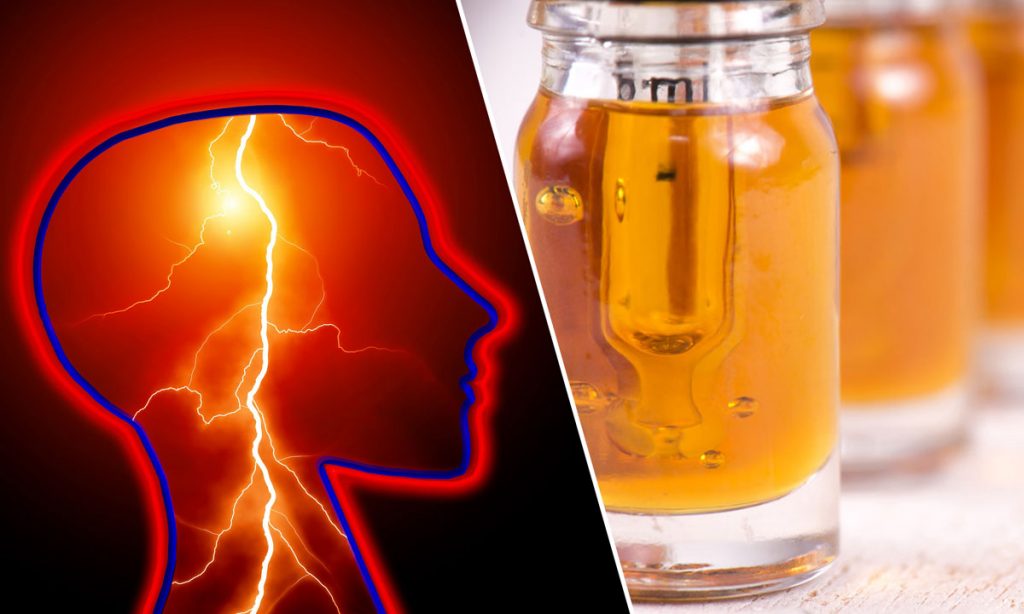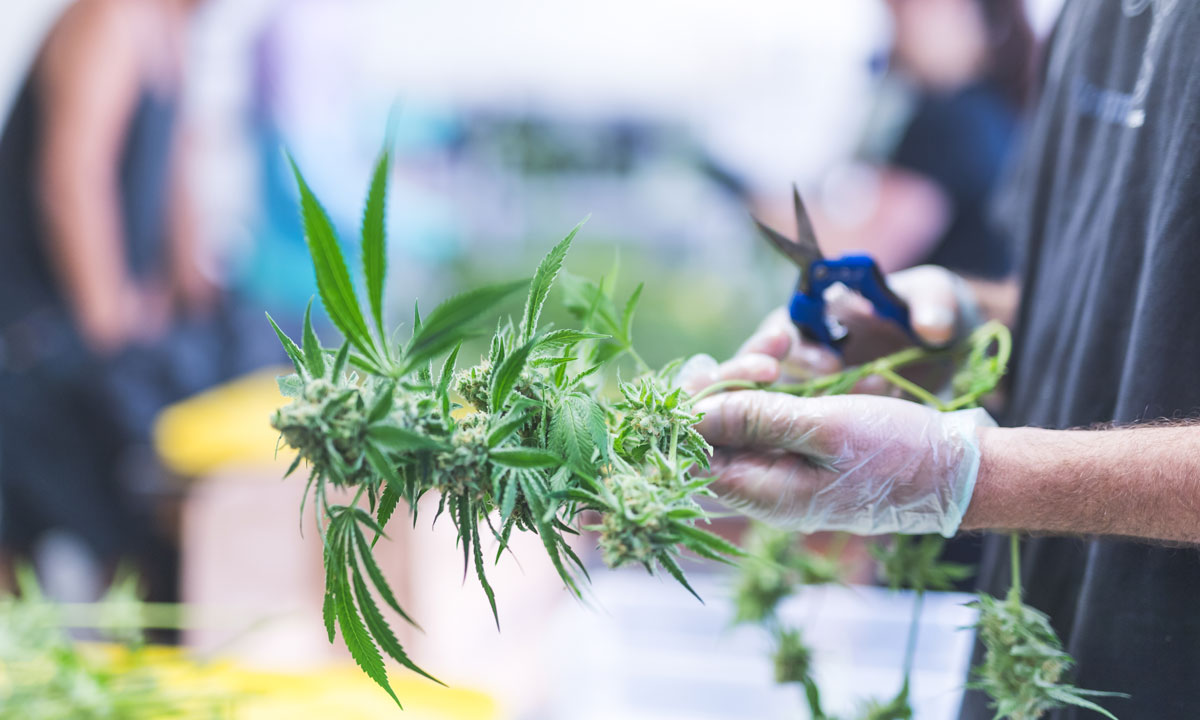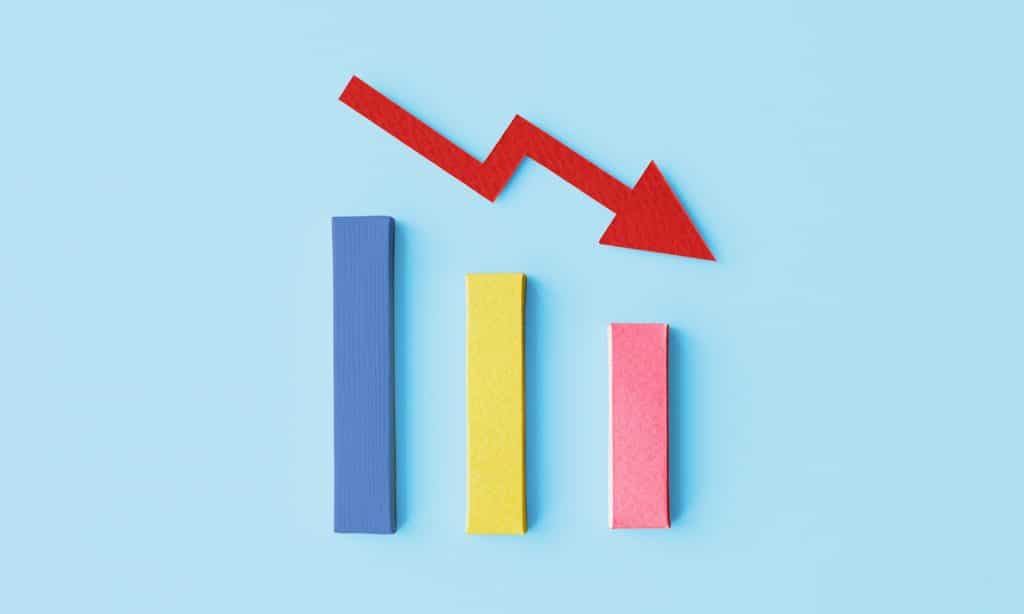Some holidays seem to roll around at just the right time, like my birthday when the last dregs of Christmas largesse are spent, Memorial Day when we need one last long weekend to get us through the school year before summer vacation, and now, National CBD Day on August 8th, just when the CBD market needs a boost from the deflating impacts of Covid-19.
In a July 2020 report by The Brightfield Group, data analysts projected that CBD sales for 2020 will only be up 14% from 2019 rather than the 30% originally projected due to impacts of the Covid crisis. Store closures, spiking unemployment, and inaction by the FDA are all contributing to a sluggish market. The report also shows that nearly half of CBD consumers have moved their purchasing online due to coronavirus. CBD sales may be suffering due to the pandemic, but the surge in conditions triggered and exacerbated by the virus, such as anxiety (ranked the number one ailment of CBD users), depression (ranked second) and insomnia (ranked sixth) indicate that demand for CBD products will only increase as Covid-19 maintains its grip.
Among the most popular products right now are edibles, with 33% of US consumers stating an increase in consumption when surveyed in June, with higher dosages reported among all products used. Vape products appear to be declining in popularity, however, due to negative media attention around inhalants and the increased likelihood that inhalant users will experience serious complications with Covid-19. A surplus of hemp biomass is causing an overall price drop as well as hefty promotions and flash sales to incentivize consumers to sample the array of new products on the market, such as those with trendy ingredients like turmeric and ashwagandha as well as some lesser-known cannabinoids like CBG and CBN. Additionally, CBD companies are inundating the market with innovative products that go beyond the standard capsule and tincture delivery methods.
One example is VCC Brands’ Subtle Tea, a vegan, keto-friendly way to refresh the body and rejuvenate the mind with flavors like Jasmine Green Tea with Lychee and White Peach Tea with Cardamom. Another is TOCA Botanicals TOTO CBD Lubricant, to inspire pleasure and relaxation of a more intimate variety. Humans aren’t the only species feeling the shaky vibes of the 2020 rollercoaster, which is why Harvey’s All Naturals introduced their Harvey’s All Naturals Elixir for Pets to address pet stress and anxiety as well as pain and inflammation.
2020 has been a rocky year for the economy, but with the FDA inching closer to a clearer, more consistent regulatory framework and the demand for products that can ease the tensions of one of the most dramatic periods in recent history ever rising, the CBD industry is poised for a major rebound. And with new products hitting the market just in time for National CBD Day (and beyond), there just might be a CBD product out there for everything the Covid Era still has in store.






